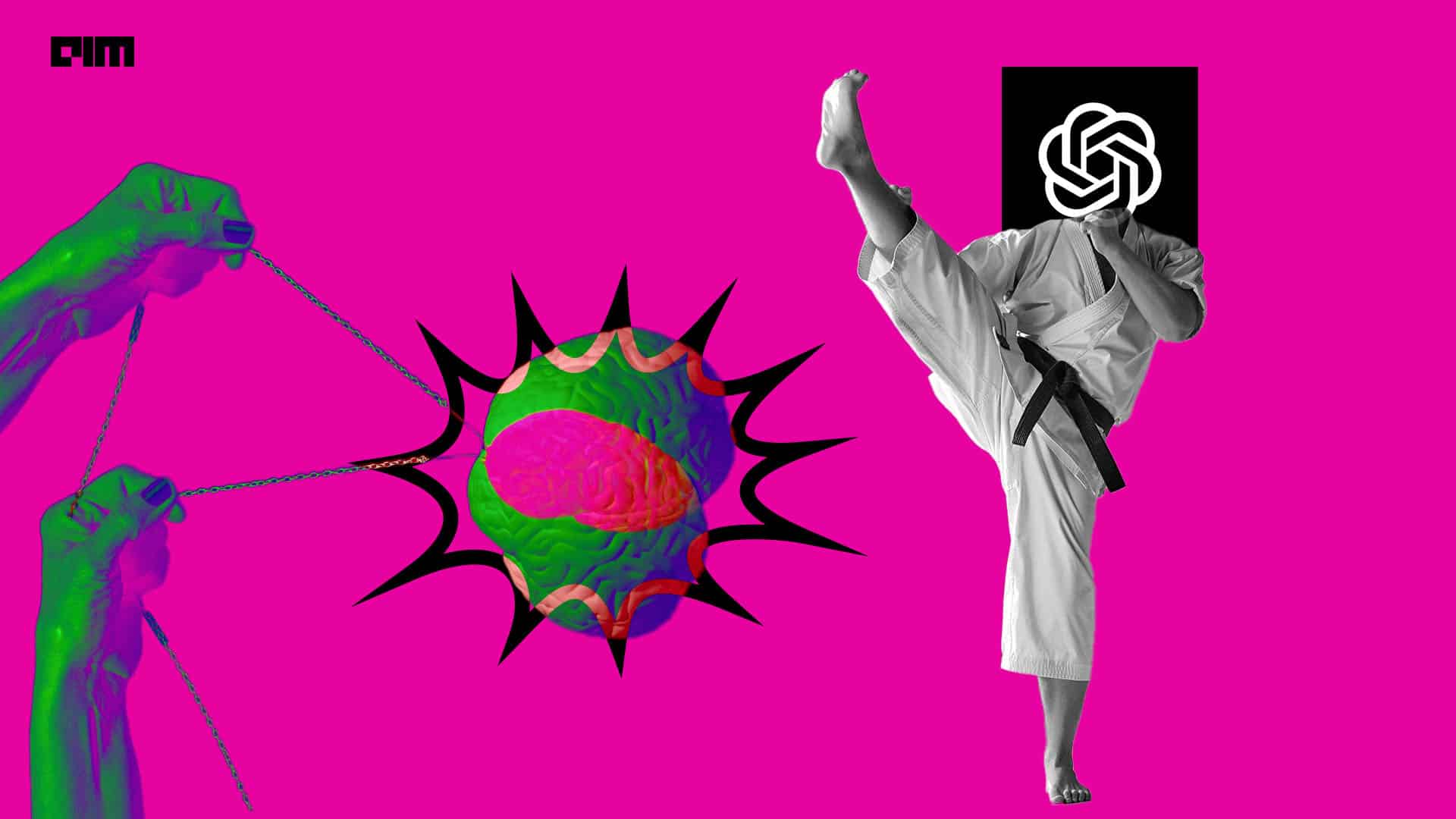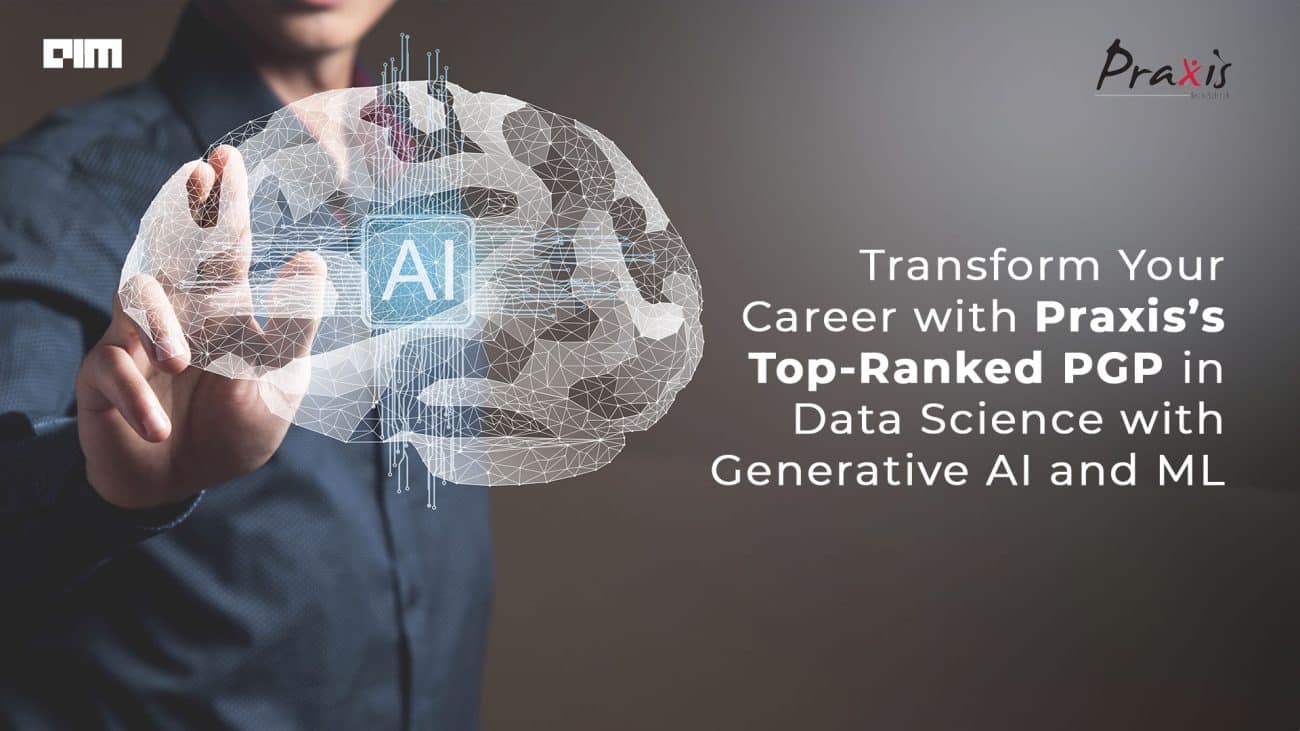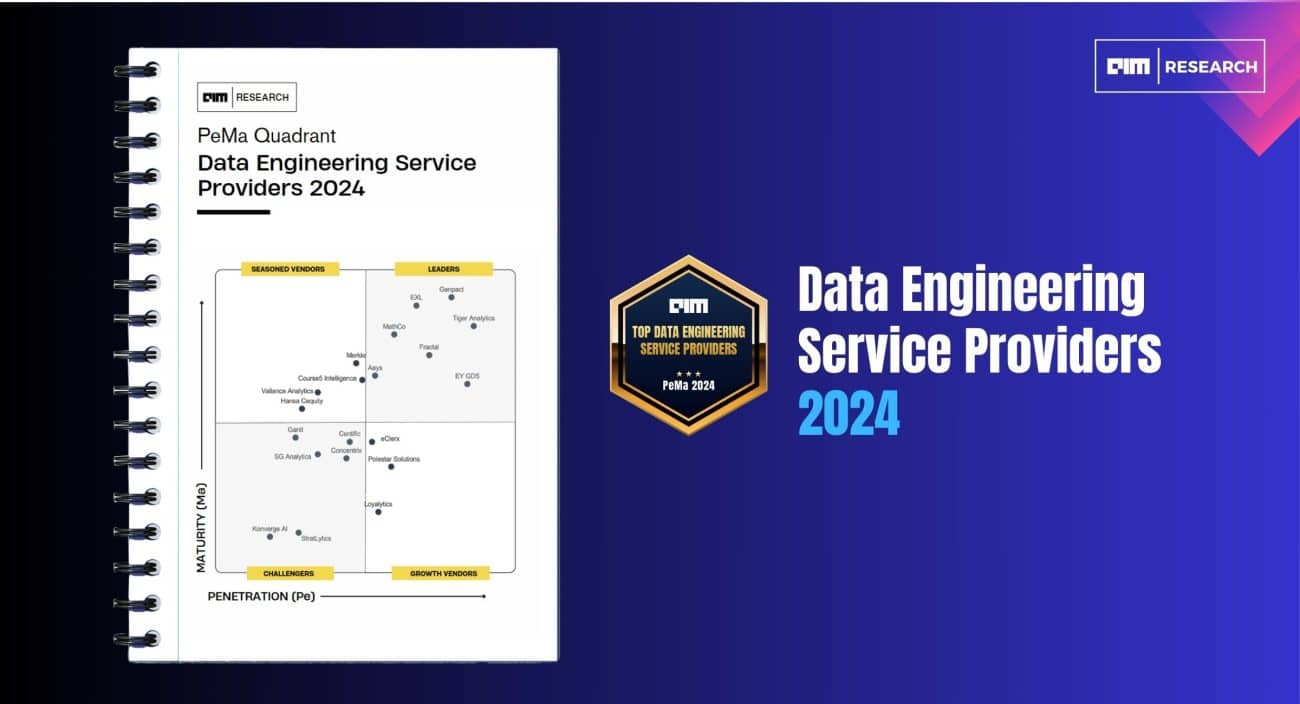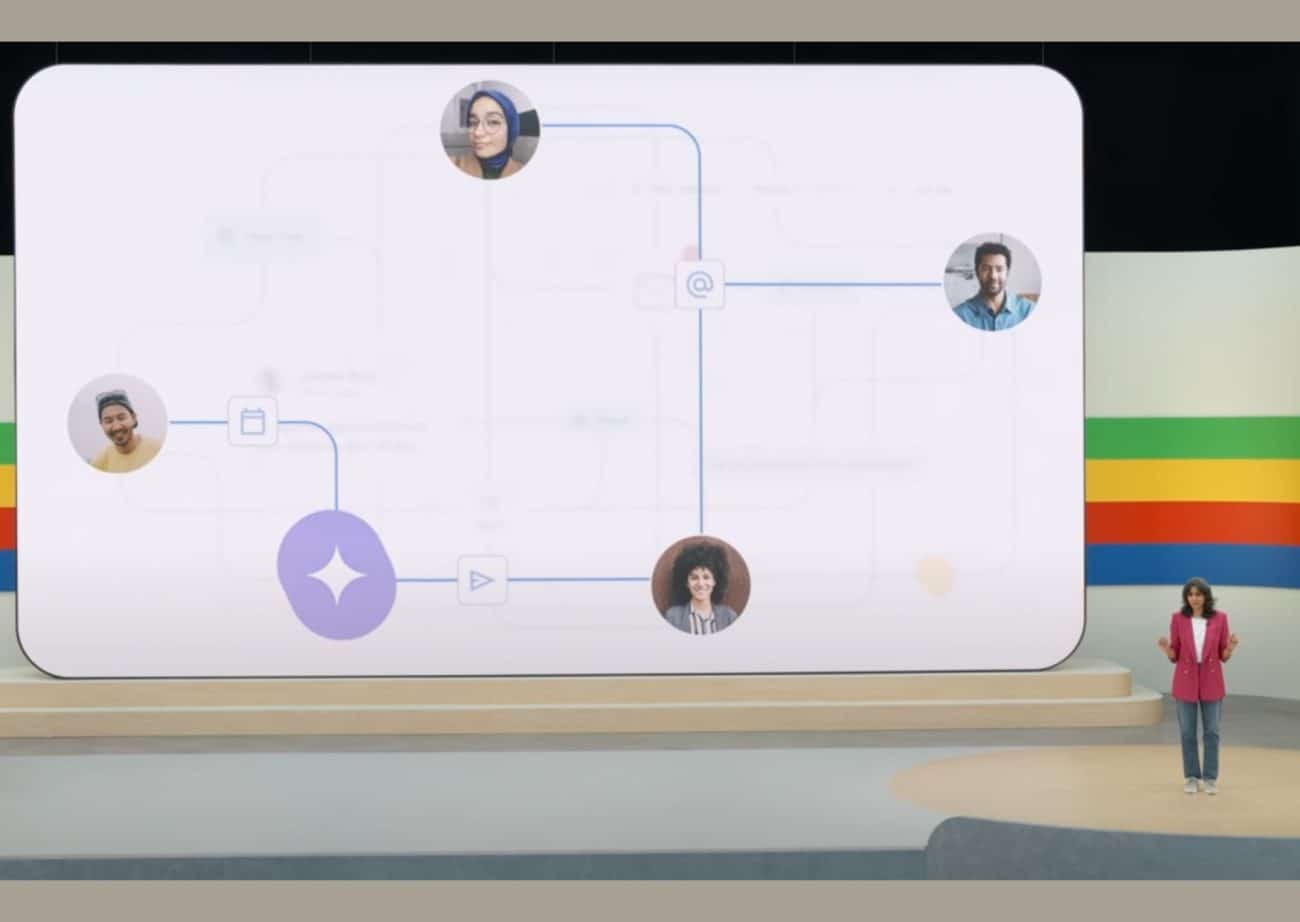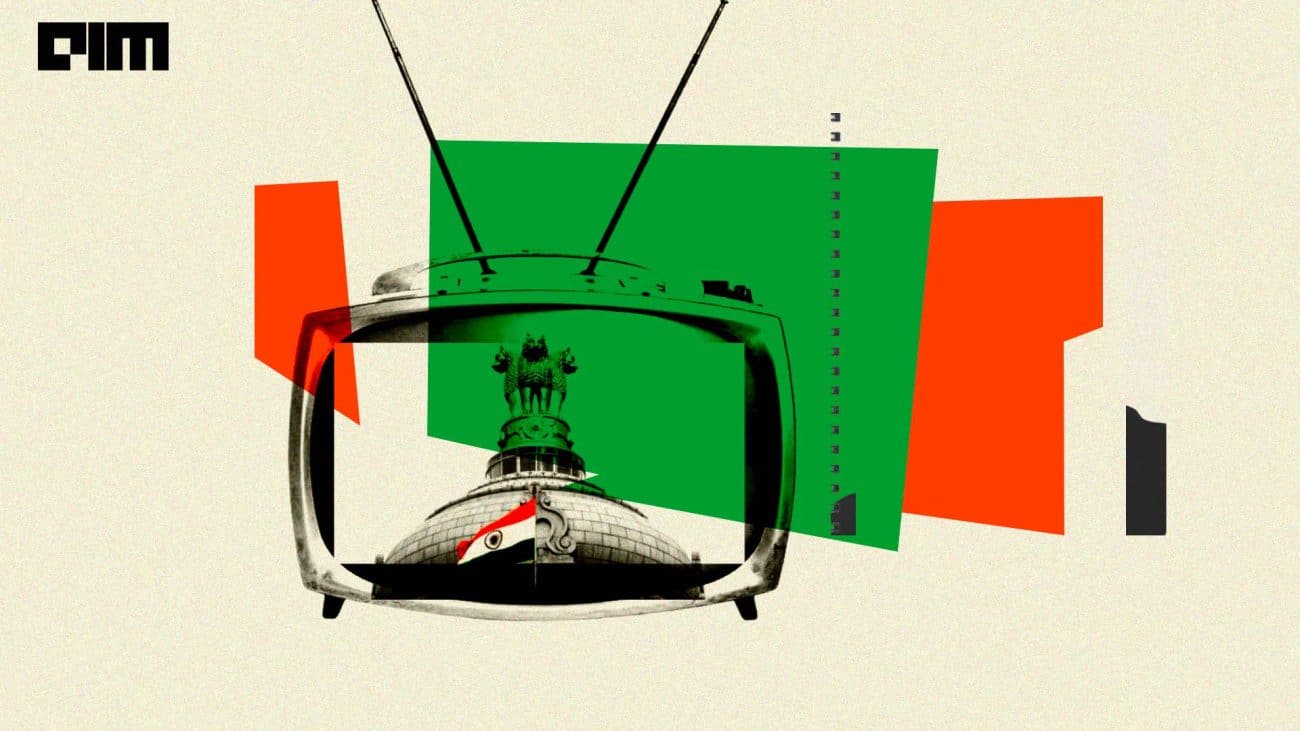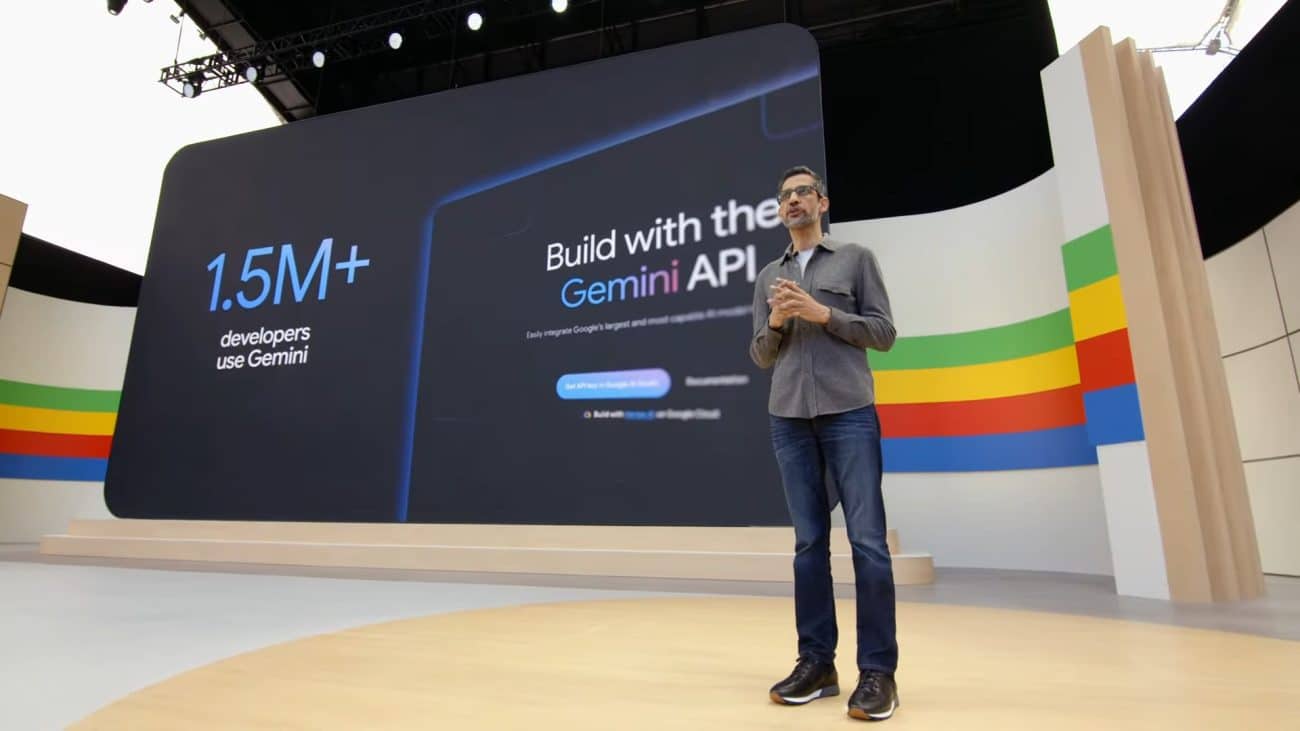|
Listen to this story
|
A recent study explored the capability of AI, particularly LLMs like ChatGPT (GPT-4), Google Bard, and Bing, in understanding and responding to emotional and psychological needs of patients during therapy sessions and compared the results to human psychologists.
The research involved 180 male psychologists from King Khalid University in Saudi Arabia, who were grouped based on their educational levels into either bachelor’s or doctoral students.
Each participant, both human and AI, responded to 64 different scenarios presented through the Social Intelligence Scale. Interestingly, ChatGPT-4 outperformed all participating psychologists by scoring 59 out of 64 on the scale.
These advancements hint towards a future where, all thanks to AI, basic mental healthcare may be right in our hands; always by our side when we are struggling to get out of bed in the morning or up at 2 am.
OpenAI recently introduced a ‘memory’ feature for all its ChatGPT Plus users. It allows the chatbot to retain information more permanently, enabling it to enhance its responses by remembering details and learning from conversations.
This latest development might prove to be another feat for AI when it comes to donning the role of a therapist. By providing that missing ‘context’ to LLMs and eliminating the need for a user to repeat oneself in every new conversation, this can enhance the efficiency of future interactions.
That being said, I would have loved to have some sort of life coach powered by AI whom I could talk to when humans were failing to be present for me.
— Damien Terwagne 🌅 (@ropesandhopes) April 30, 2024
There’s a place for both but one definitely does not replace the other!
For example, you can vent about someone or something that annoys you and won’t have to introduce that person or thing again to the chatbot if you’ve already done that before. It might just feel like venting out to a friend who knows what you’re talking about without needing new references or introductions every time.
Can AI Really Solve Mental Health Problems?
According to a 2017 Lancet Report, close to 200 million Indians, which is one out of every seven individuals in India, suffered from mental disorders of varying severity. According to the McKinsey Health Institute’s 2023 survey, India topped the rank in workplace burnout, with 59% employees reporting symptoms.
With only 0.7 psychiatrists for every 100,000 people in India, lack of access to mental health resources, expensive therapy, and excessive stigma associated with it, the road to availing mental healthcare in India is filled with hurdles. This is where technology-based interventions can help.
AI has been gaining traction in the mental health field, presenting fresh avenues for diagnosis, treatment, and prevention of mental health disorders. Its potential lies in its capacity to deliver personalised and cost-effective solutions to individuals, especially in underserved or remote areas, who need it the most.
An AI Therapist in Every Pocket
Imagine a world where our devices, from smartphones to smartwatches, become silent guardians of our mental health. AI is making this a reality.
AI-driven chatbots or virtual assistants can offer immediate solace, suggest coping mechanisms, or simply lend a virtual ear during midnight moments of anxiety or despair. It’s like having a supportive friend available whenever one needs to talk, enhancing the quality of life for countless individuals.
Unlike traditional therapy, which is limited by session times and availability, the 24/7 support that AI tools provide can be incredibly reassuring. The anonymity it promises also helps people open up without fear of judgment.
Source: Reddit
Many individuals hesitate to seek help due to stigma, privacy concerns, or logistical issues. AI applications, accessible via smartphones and computers, provide a private, stigma-free environment for people to begin addressing their mental health needs.
Currently, it might not be tailor-made for our problems or offer long-lasting solutions. Still, AI is democratising access to mental well-being by providing instant solutions for temporary problems without burning a hole in the pocket. This type of support can be particularly useful for individuals who may not have access to traditional mental health services.
One of the most significant benefits of AI in mental health lies in its capacity for early detection and diagnosis of mental health disorders.
AI algorithms can sift through large amounts of data, scanning everything from tweets, data from wearable devices like smartwatches, speech patterns, text analysis, and facial expressions to subtle changes in digital behavior to identify potential mental health challenges long before they spiral out of control.
This early detection can help mental health professionals intervene before the condition worsens. The use of AI/ML to assess mental health status and suicidal tendencies through apps like Wysa, Woebot, and Replika among others presents a new frontier in the battle against mental health disorders.
Finally, leveraging AI can help mental health professionals automate tasks, enhance their understanding of the causes and origins of complex disorders. Besides, this can formulate personalized treatment strategies based on a patient’s medical history, inclinations, and therapy responses, and provide better care and support to their patients, leading to better outcomes.
What Next?
As AI advances, its role in enhancing accessibility and reducing mental health stigma is expected to expand. The ongoing refinement of more sophisticated, empathetic, and user-friendly AI tools will further remove barriers to care.
For example, Hume AI, an Empathic Voice Interface (EVI), a conversational chatbot that can differentiate 28 types of vocal expressions including disappointment and disgust, excitement, fear, confusion and even anger, among others, adds the missing ingredient of emotional intelligence to AI systems. It lets users interact with it expressing their emotions in a way they would do naturally.
This is one of the most impressive applications of AI I've seen that I'm immediately going to start using. Major "aha" moment feeling like I'm going to use @hume_ai on a regular basis as a mix of an on-demand sounding board/coach/therapist.https://t.co/wWJpfbtLD1
— Vinay Hiremath (@vhmth) March 27, 2024
When implemented ethically, incorporating AI into mental health services can serve as a cornerstone of a more inclusive, effective, and compassionate healthcare system. With its ability to offer privacy, convenience, and immediate support, AI promises a future where everyone can seek and receive the help they need.
Experts believe that there is a need for collaborative approach from both the clinical psychologists and developers building AI solutions for mental health. Notably, to raise awareness, alongside making tech accessible, affordable, accurate and ensure appropriateness of the treatment – aka the 5As.


